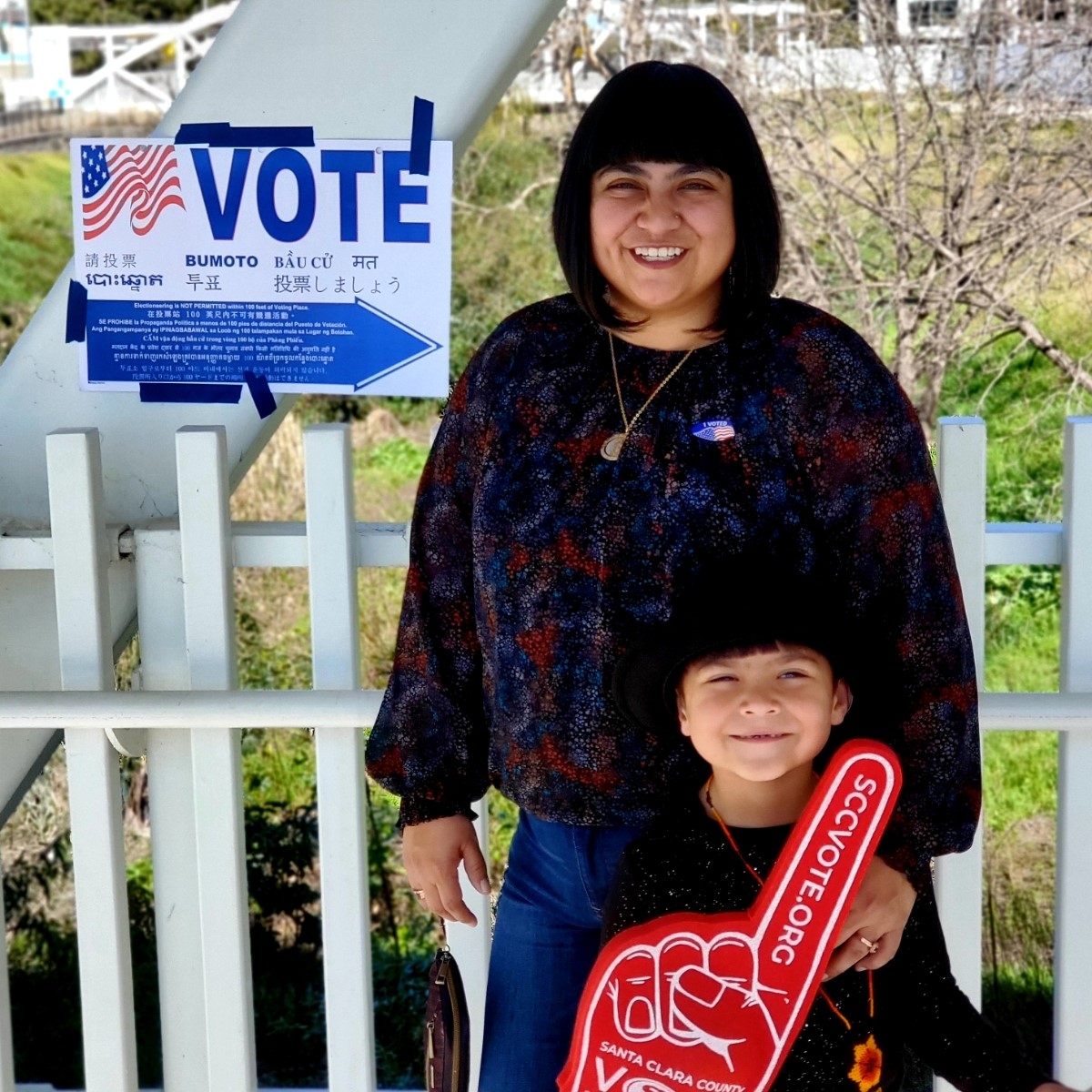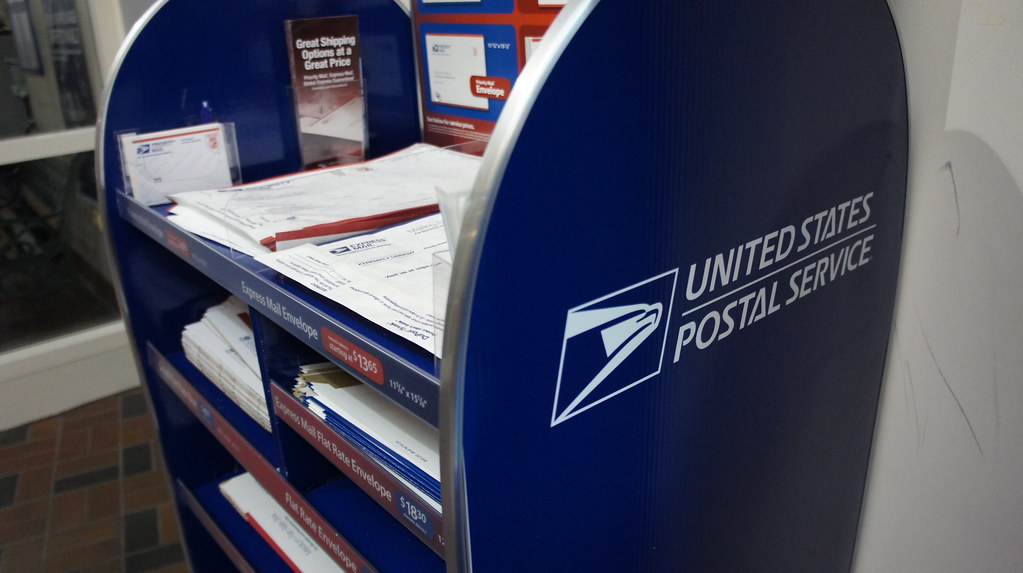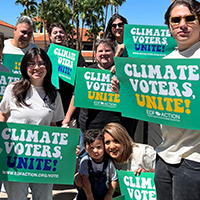President Trump has been openly trying to make it harder to vote during this unprecedented public health crisis, from threatening to withhold funding from the U.S. Postal Service to questioning the validity of mail-in voting. This is not a secret. In fact, he admitted as much in a recent Fox News interview: “They need that money in order to have the post office work so it can take all of these millions and millions of ballots. If they don’t get those two items, that means you can’t have universal mail-in voting because they’re not equipped to have it.”
In a time when many are turning to the USPS to handle their ballots in November, these attacks on the USPS are harmful and may have a huge impact on how our election – less than 80 days away – will play out. If Trump gets his way, a hobbled USPS means significant delays for mail-in ballots in 46 states, which could disenfranchise a broad swathe of the electorate and cast doubt on the election’s integrity. Americans in every state have a right to vote safely during a public health crisis, and we need to make sure the USPS has the resources and tools they need to deliver mail-in ballots in a timely manner.
Efforts to disenfranchise or suppress voters are not new or unusual – and these efforts threaten climate action. Most voters are worried about climate change and support comprehensive action to tackle the challenge head on. But hurdles to voting make it harder for people to use their collective voice and elect candidates who will fight for pro-environment legislation. That’s especially critical because communities facing barriers to voting are also much more likely to live near Superfund sites and face severe environmental hazards such as air and water pollution. Residents of these neighborhoods need adequate political representation in order to protect their health, and they cannot achieve that without access to voting.
The vast majority of Florida voters support climate action, but in part due to voter suppression – including large-scale purges of the voter rolls, primarily impacting Black voters – a pro-environment senator was unseated by only 0.1 percentage points in 2018.
Another example was Stacey Abrams’ run for Governor. Assemblywoman Abrams was a candidate with a bold climate platform who lost to Brian Kemp by only 50,000 votes out of nearly 4 million cast in Georgia’s 2018 gubernatorial election after Kemp used his role as Secretary of State to purge some 1.4 million voters from the rolls, more than 80% of whom were Black.
There are myriad other examples of close elections, with candidates representing starkly different climate views, marred by election problems. Such tactics are outrageous in their own right and have had a real negative effect on a range of issues including combating climate change.
Due to the threat of COVID-19, access to the ballot box has received national attention, as some states try to expand access to mail-in, absentee, and early voting while others try to restrict access to these safe voting options. Despite false arguments by critics, including President Trump, mail-in and absentee voting does not increase voter fraud. Nor does it even benefit one party or demographic over another. It simply allows Americans to vote safely from their homes, instead of asking them to choose between doing their civic duty and endangering their health and the health of those around them.
Strict rules regarding absentee voting can present challenges to voting rights by creating additional obstacles, and even with expanded access to mail-in ballots, states can’t just close down all polling places. States that have held primaries during COVID-19 without adequate absentee voting and safe in-person options have seen dangerous conditions that discourage people from voting.
These impacts are not equal across groups. Black voters faced the most barriers to voting in primary elections held in Georgia and Wisconsin during the pandemic. According to analysis by the non-partisan Brennan Center, Black voters were discouraged from voting due to the disproportionate impact of coronavirus and the closure of all but 5 of the 182 polling places in Milwaukee. Many Georgia voters were forced to deal with long lines at polling places after absentee ballots that were requested never arrived.
On the other hand, officials in Kentucky reached a bipartisan agreement on a massive expansion of absentee voting while keeping some in-person voting locations open, leading to the highest primary turnout in the state since 2008. Despite some issues, Kentucky set a positive example of how to expand access to voting and protect voters’ health amid the pandemic. Broad, proactive steps must be taken to prepare for the general election in November — ensuring that all Americans can vote safely during COVID-19.

The plain and simple fact is that we have a voting access problem in our country, and it takes many forms. History has shown that voting access is often intentionally limited. Voter suppression serves to disenfranchise broad segments of the population, particularly people of color, the elderly, people with disabilities, and students, thus harming our democracy and inhibiting progress on critical issues like climate change.
If we want real and lasting climate action, we need free and fair elections. Protecting our environment is important to voters, but making it harder for people to vote means that fewer voices are heard at the ballot box. In order to elect candidates who will represent the interests of their constituents and act on climate, every eligible voter should be able to do their civic duty and vote. We must all work to ensure that voting is safe and accessible in order to further the fight for a cleaner future for all.
Take a stand for voting rights today. Tell the Senate to provide funding to help states ensure safe and secure elections in November.




